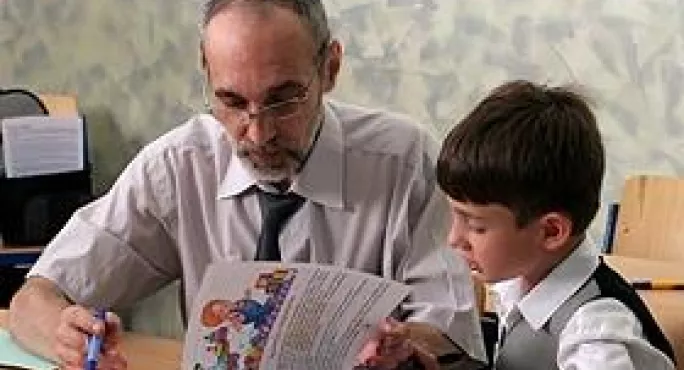Support needs go undetected, claims report

The additional support needs of many children is still going undetected, five years after landmark legislation came into force.
Young carers, looked-after children and those with mental health problems often battle through the day while teachers and other professionals are unaware of the difficulties they face.
A hard-hitting report published this week nevertheless found good news for some children with additional support needs, although a headteachers’ leader feared budget cuts could undermine that progress.
HMIE analysed the impact of the Additional Support for Learning Act 2004, drawing on a range of data including surveys of all 32 local authorities and observations from visits to 15 education authorities and 48 schools.
Since the act came into force in 2005, staff have become more aware of issues that hinder learning and their responsibilities in resolving these. Different agencies are working together better and families have a greater say in decision-making, it found.
Progress has been clearer with “more obvious” needs, such as those caused by hearing impairments. The “more hidden” needs of other groups are not handled so well or sometimes not identified at all, said HMIE.
Thus, a perennial problem still exists in schools: looked-after children, young carers and those with mental health issues “are not receiving the help they need when they need it and continue to achieve well below their peers”.
Children and Early Years Minister Adam Ingram had asked the inspectorate to focus on children with sensory impairments, looked-after young people, young carers and those with mental health disorders.
HMIE reports that education authorities are “not always fully aware of the range of additional support needs among children and young people in schools”. Six authorities provided no information on the number of pupils they had with additional support needs and most were unable to provide figures for the number who have mental health problems or are carers.
HMIE said: “The lack of clarity and consistency in collecting and collating appropriate data is hampering effective monitoring and interventions for the more vulnerable groups”.
Authorities and schools “need to be much more proactive in identifying who young carers are and in taking action to make things better for them”. At present, support comes mostly from voluntary bodies such as the Princess Royal Trust for Carers.
“Little progress” has been made in helping children with mental health issues, while teachers admitted they did not feel confident in this area and would like more training on suicide prevention, self-harming, and eating disorders.
Meanwhile, children whose requirements have been identified are getting improved support, with their progress “being tracked appropriately at both authority and establishment level”.
The report’s six recommendations include: better collection of data - there is acknowledgement that the Scottish Government is reviewing processes - improved training, and making families more aware of their entitlements.
School Leaders Scotland general secretary Ken Cunningham agreed with the main findings, and welcomed the attention drawn to the three principal areas of concern. But he fears the “increasingly serious resource issue” will make it hard for progress to be kept up in any aspect of additional support needs.
Bryan Kirkaldy, who represented the Association of Directors of Education in Scotland on a steering group for the HMIE study, said the report’s positive findings were “very well-deserved recognition” for local authorities.
He was confident of making good progress with the more hidden groups, but said young carers and children with mental health difficulties did not always wish to be identified.
Tracey Francis, Children in Scotland’s spokesperson, said “considerable progress” had been made, but she had hoped for more evidence of “meaningful improvements”.
henry.hepburn@tes.co.uk.
Keep reading for just £1 per month
You've reached your limit of free articles this month. Subscribe for £1 per month for three months and get:
- Unlimited access to all Tes magazine content
- Exclusive subscriber-only stories
- Award-winning email newsletters



